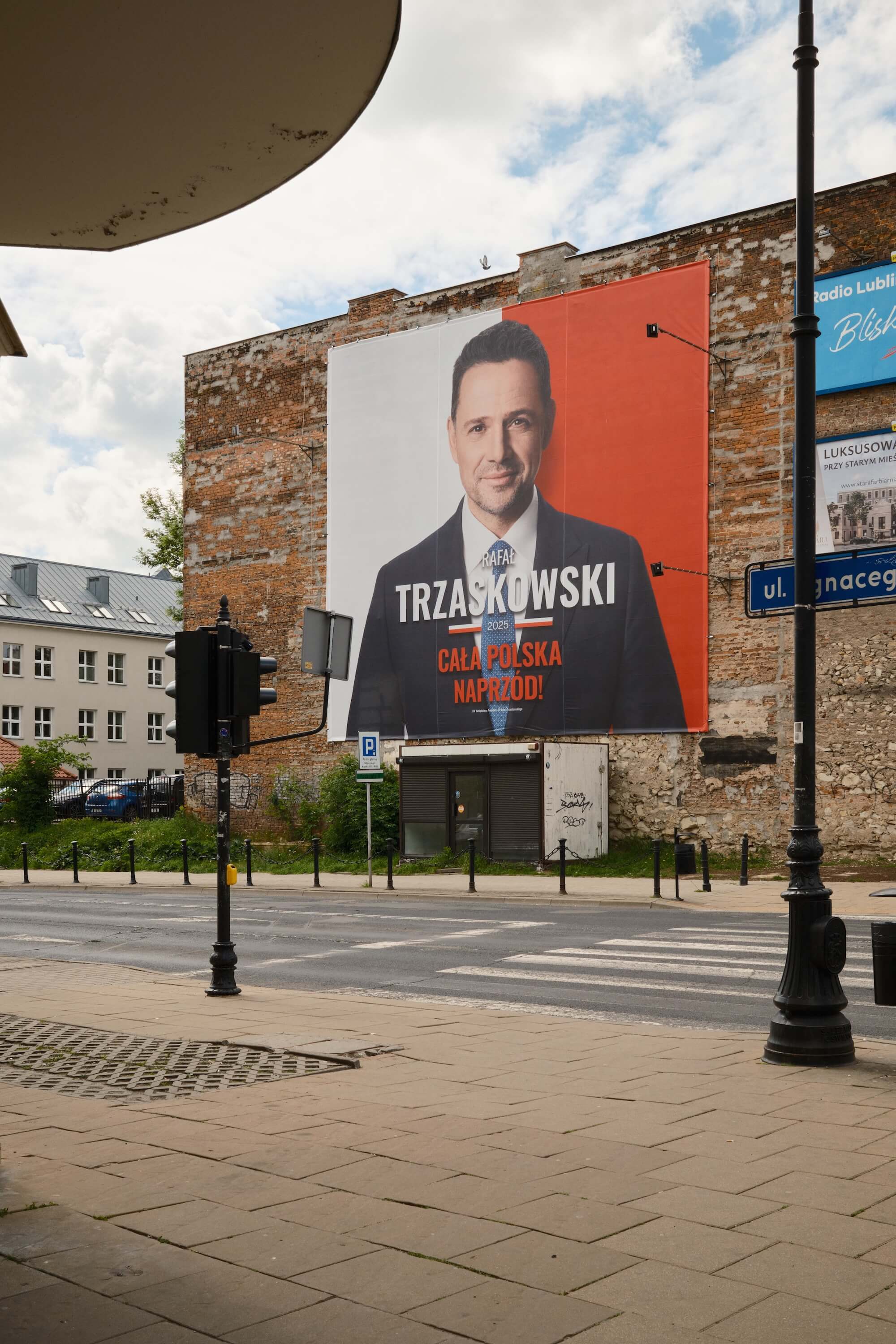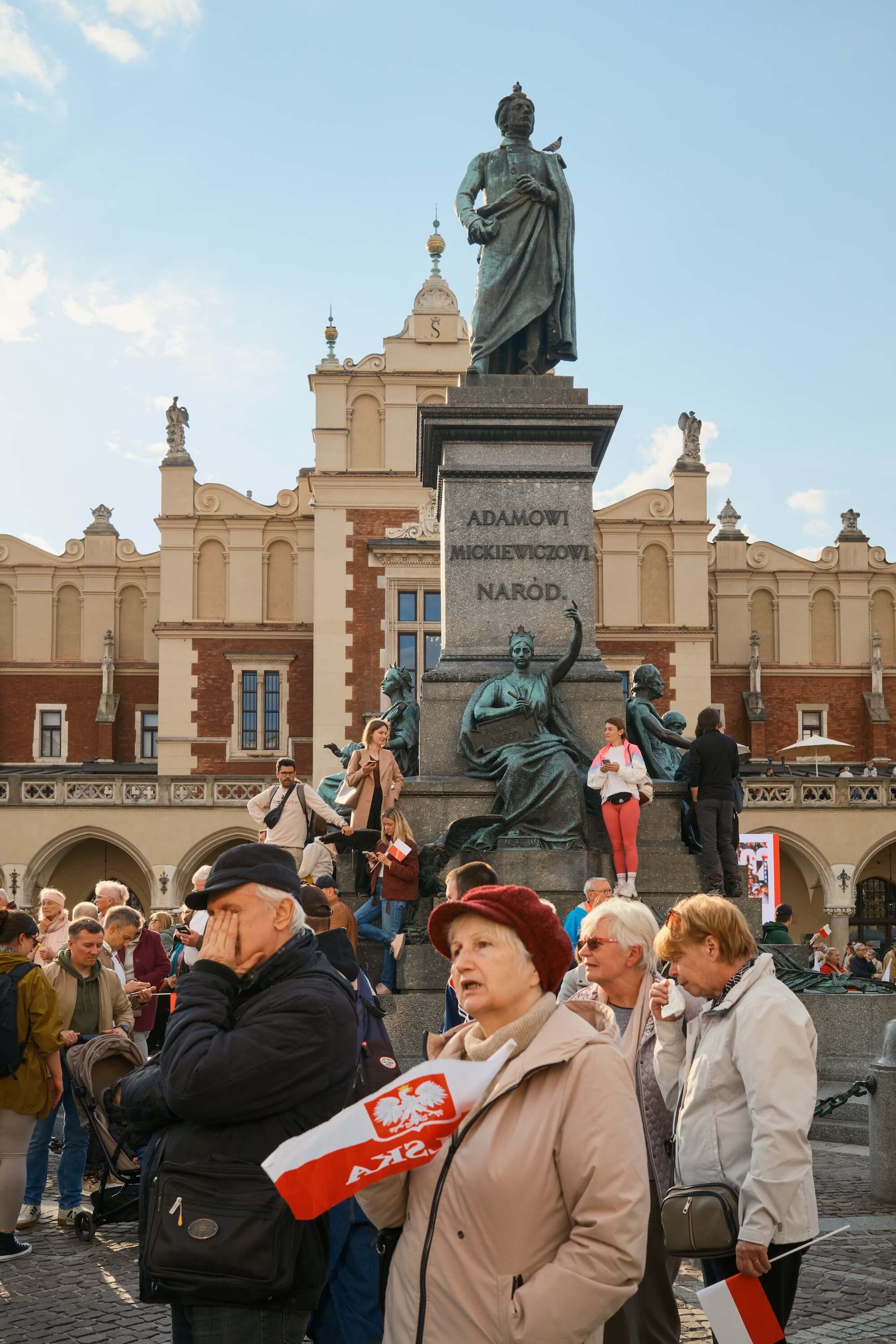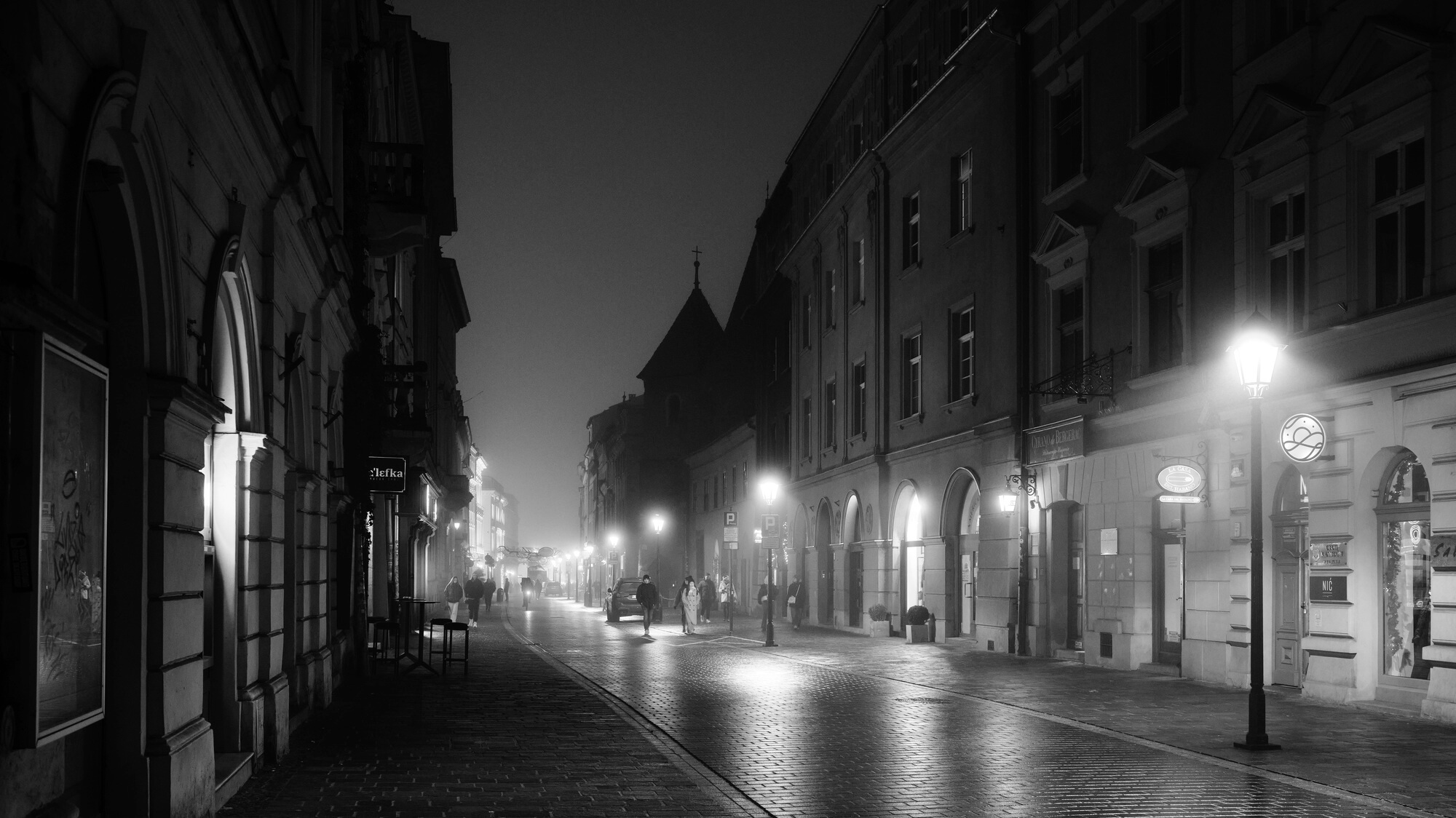This post is also available in Russian 🐻
On June 1st, Poles were electing a new president. The old one, inherited from the previous ruling coalition of national-conservatives, served his sentence, and is ready to ride off into the sunset, leaving a chemtrail of not-so-funny political memes.
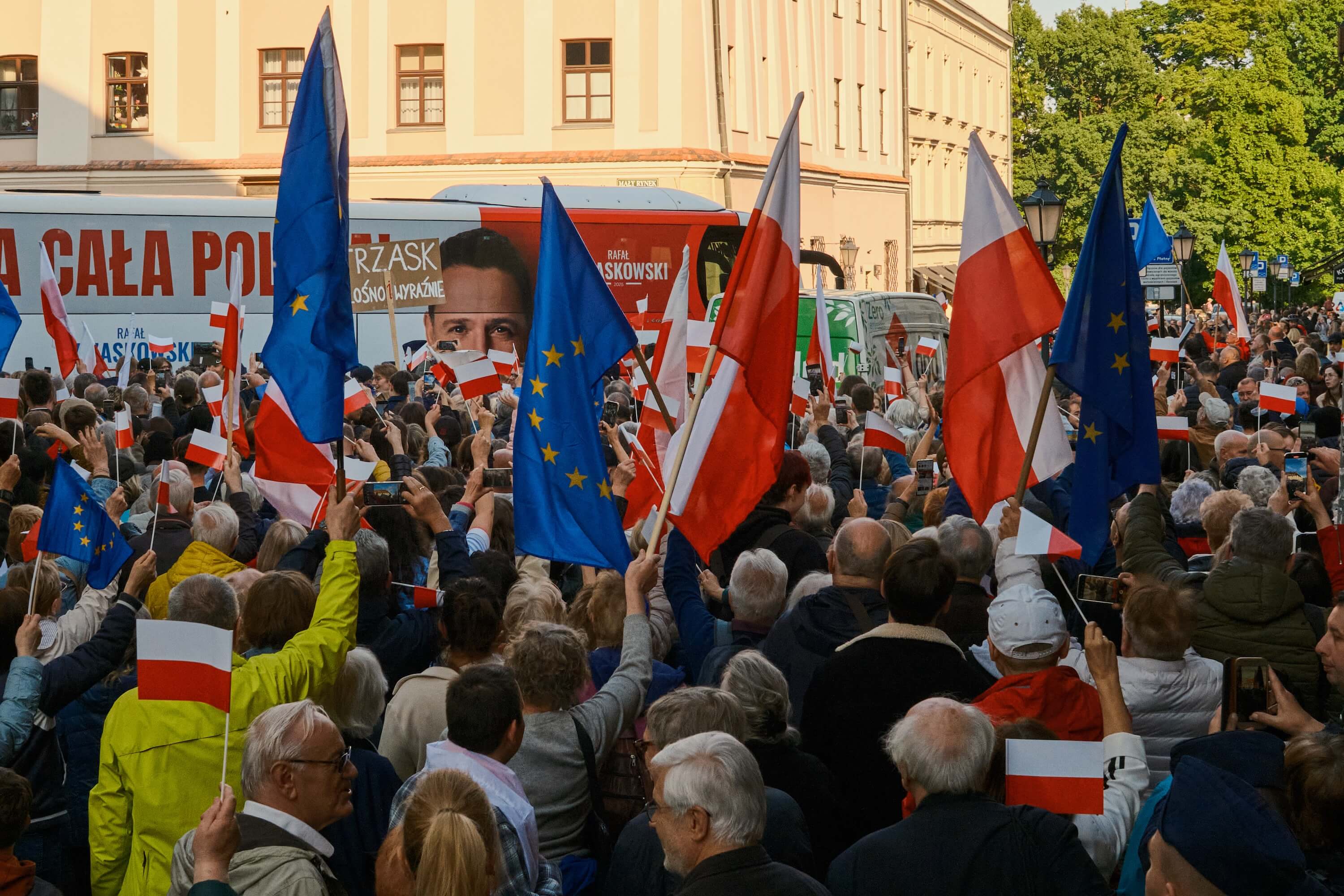
The current government was formed in late 2023 by a coalition of somewhat liberal parties that regained their majority in the Sejm after eight years in opposition. The old president was a thorn in their ass, allegedly blocking most liberal reforms.
Poland faces many other socio-political problems, but the lack of fair elections isn’t one of them — at least not yet. Elections in Poland are almost constant, and the balance of power swings back and forth.
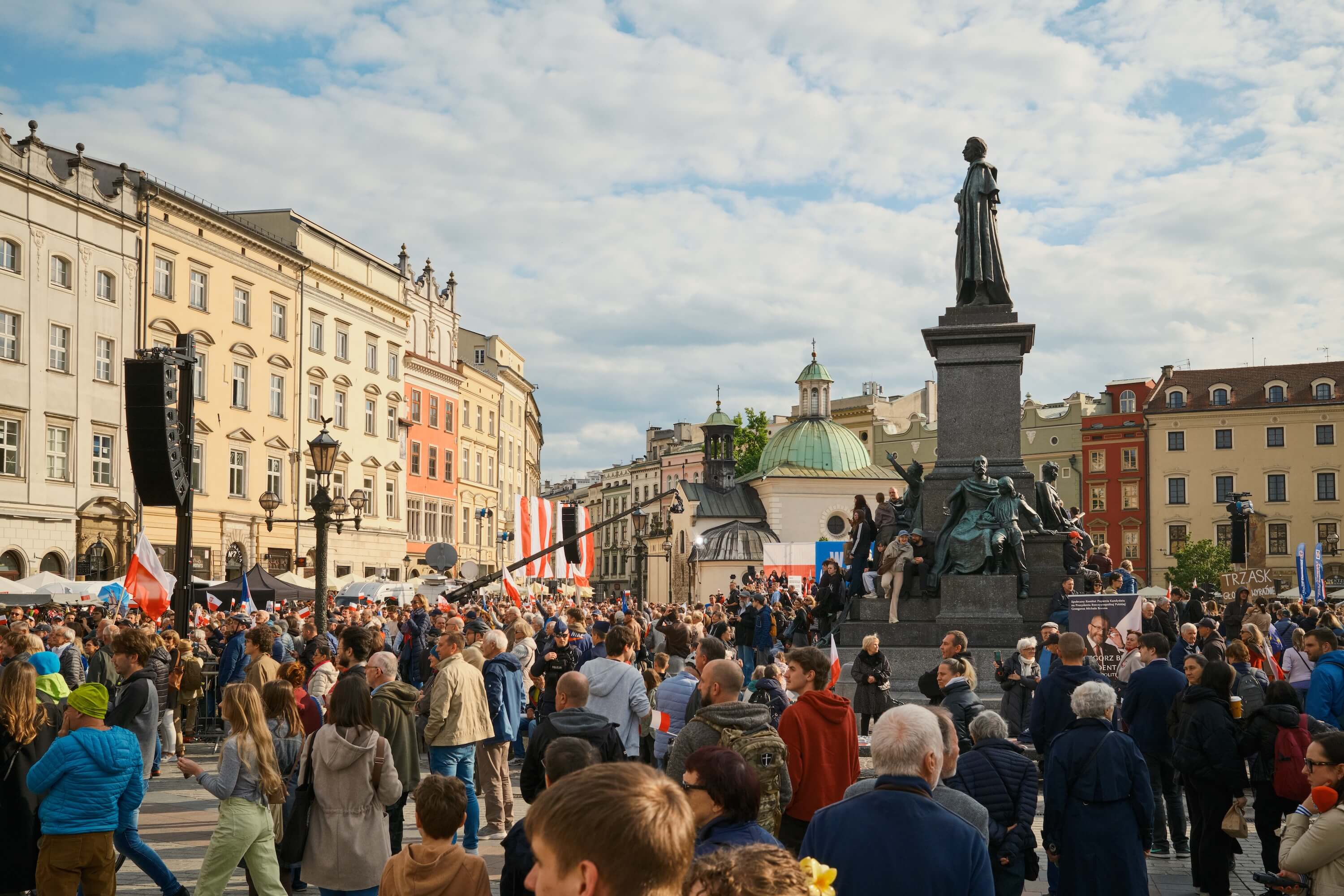
The last presidential election took place during the pandemic and ended with the liberal candidate losing 51/49 in the second round. So this time, the stakes were sky-high — total power or total failure.
The liberal coalition candidate’s platform wasn’t perfect in my view, but since all the leftish candidates of my choice dropped out in the first round, I had to cross my fingers for the “lesser evil.”
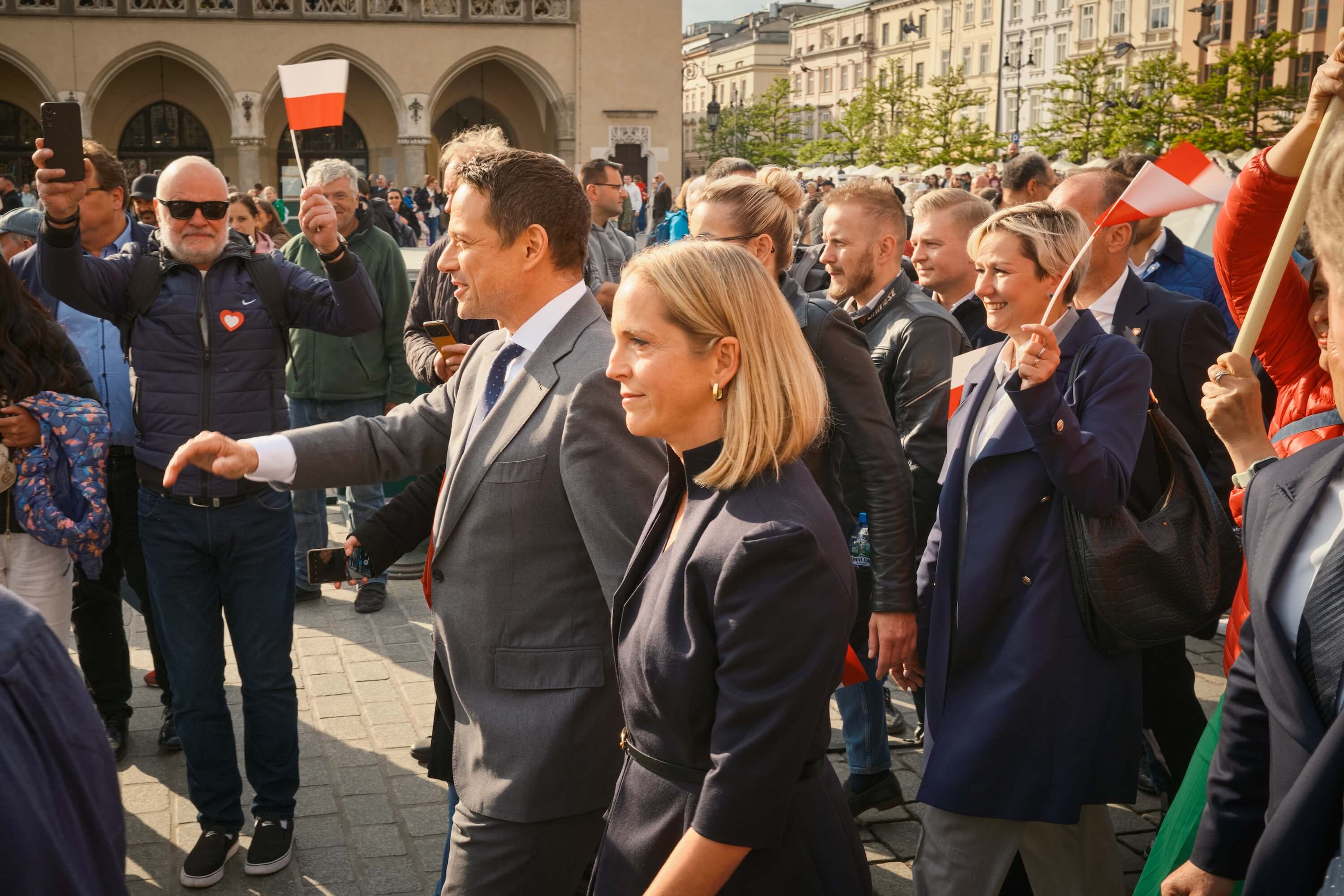
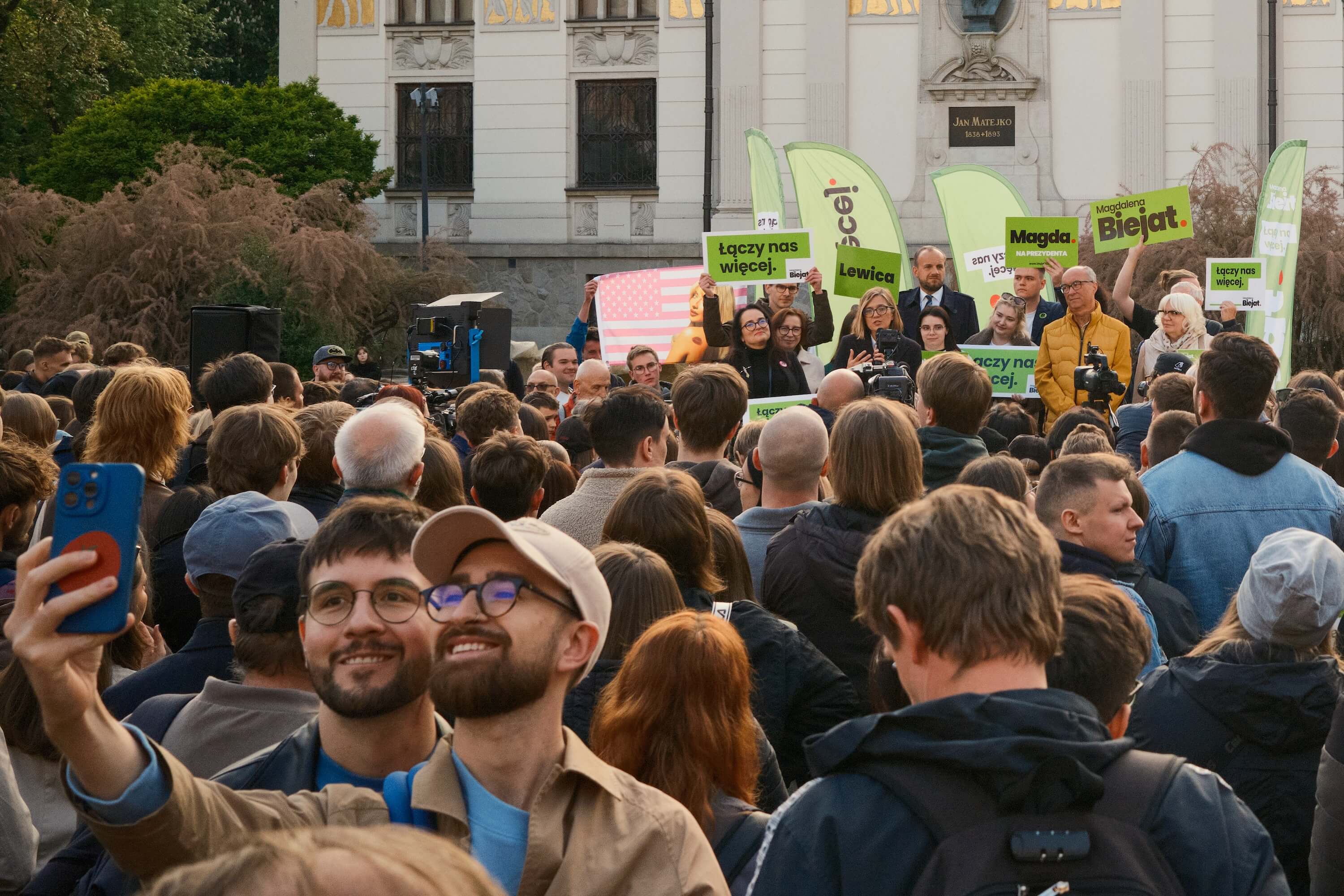
These elections broke two records: the highest turnout and the narrowest margin of victory. The right-wing conservative candidate won 50.89 to 49.11 — a difference so small, you might as well flip a coin.
The finale was very dramatic: pre-election polls showed a slight liberal lead, exit polls narrowed their advantage to 0.6%, but by the late polls the scales tipped right and stayed there until the end.
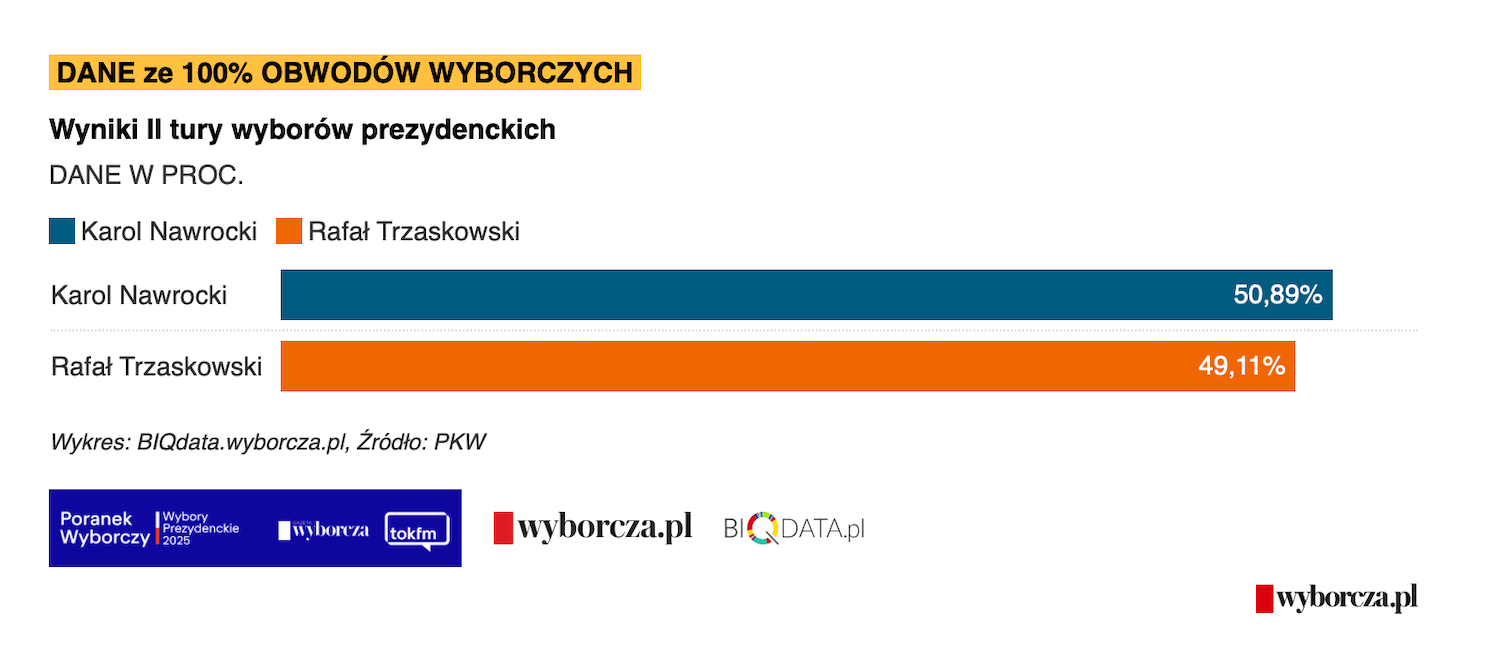
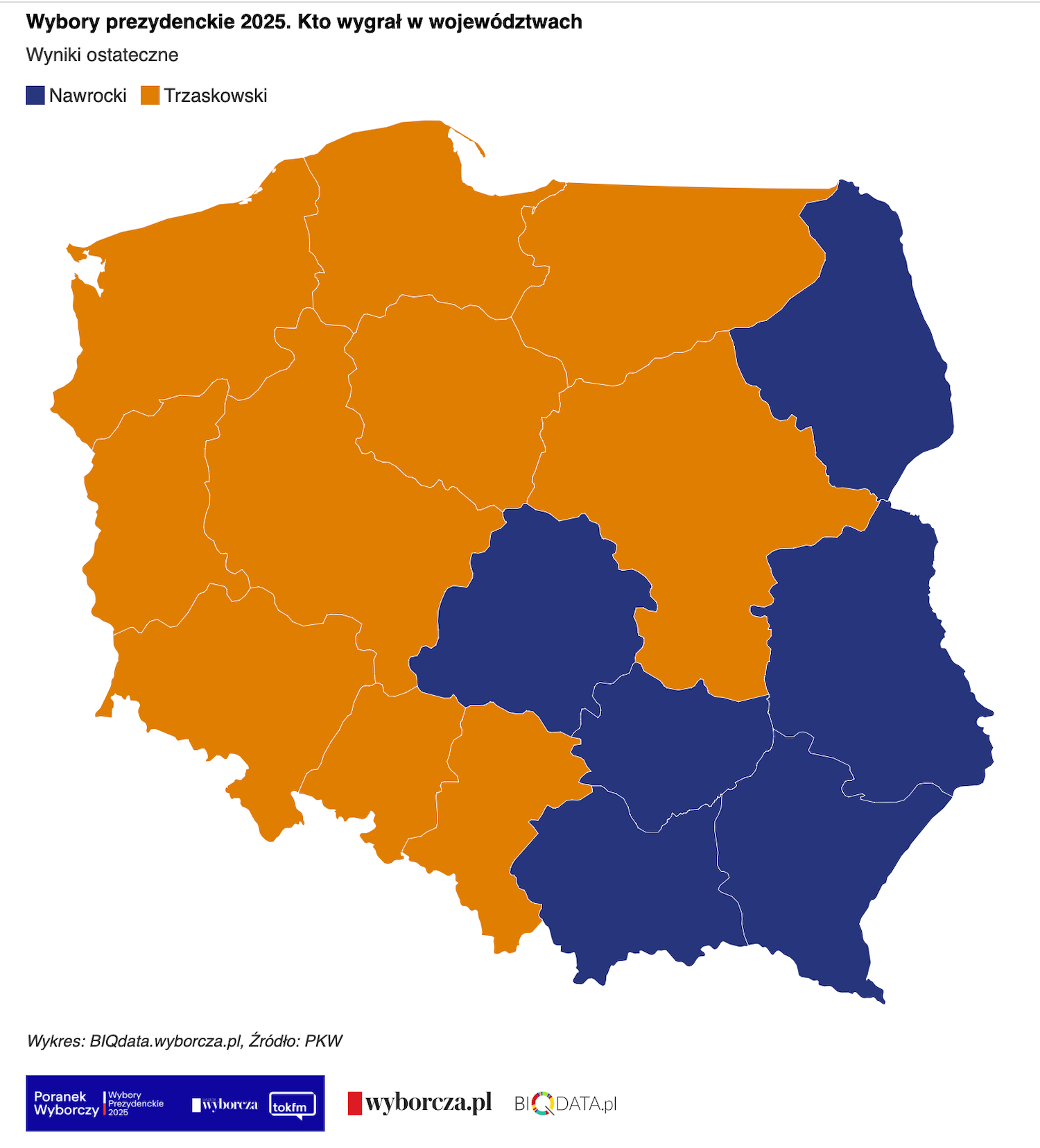
At first glance, the voting map makes it look like the liberals painted most of the country orange — meaning they took the majority in most regions. But it wasn’t enough to outweigh the conservative east.
Dig deeper and you’ll find other divides: between city and countryside, women and men, boomers and zoomers. But overall, it looks like the country split right down the middle, and no thread can stitch it back together.
Even with my obvious sympathy for the liberal camp, I have to admit this was a spectacular failure, and responsibility can’t be dumped on poor regions or uneducated outcasts. No, this was a well-deserved defeat.
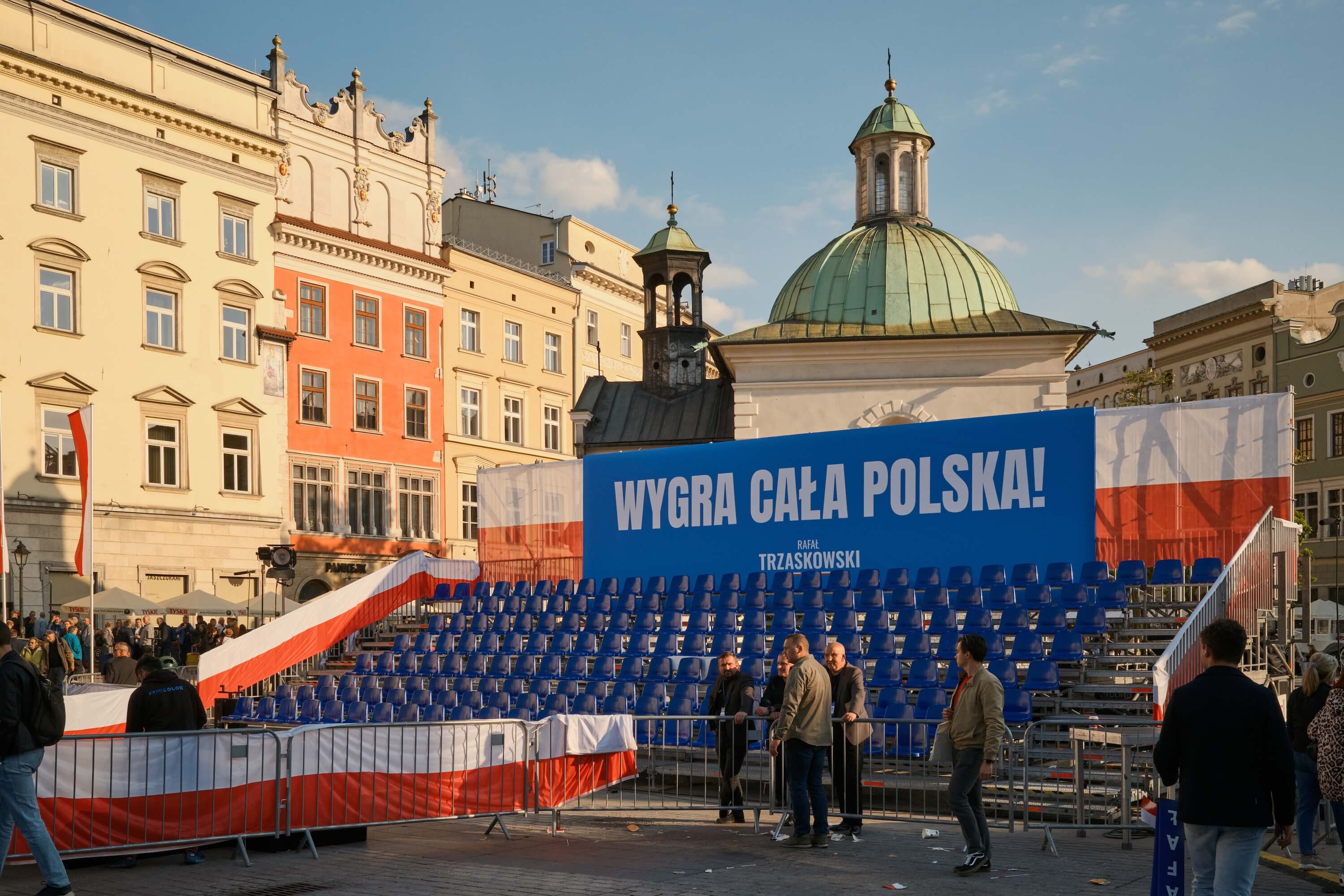
First of all, the liberal coalition won the 2023 elections and holds the majority in the Sejm and ministries, with financial and media resources unavailable to other candidates, including “public” television.
Second, there were examples from the US, Romania, and other countries that swung to the right in recent elections — after being hit by meme-driven TikTok politicians. There was time to learn the lessons (and grind on TikTok).
Third, the conservatives put up a candidate who couldn’t win, like, EVER OR AT ALL. Against a professional politician and the sitting mayor of Warsaw, they fielded a nobody with a shady criminal past who was using snus during debates.
Before the finale, the nobody got generously splashed with political toxins — reports surfaced about his involvement in hooligan brawls, a past as a pimp, and even scamming a elderly (!) sex offender (!) out of social housing.
All this didn’t help the liberals win, nor did attempts to court the right-wing audience by hiding rainbow flags and promising to make life harder for “migrants.” Shy liberal Nazi salutes only demotivated their core electorate.

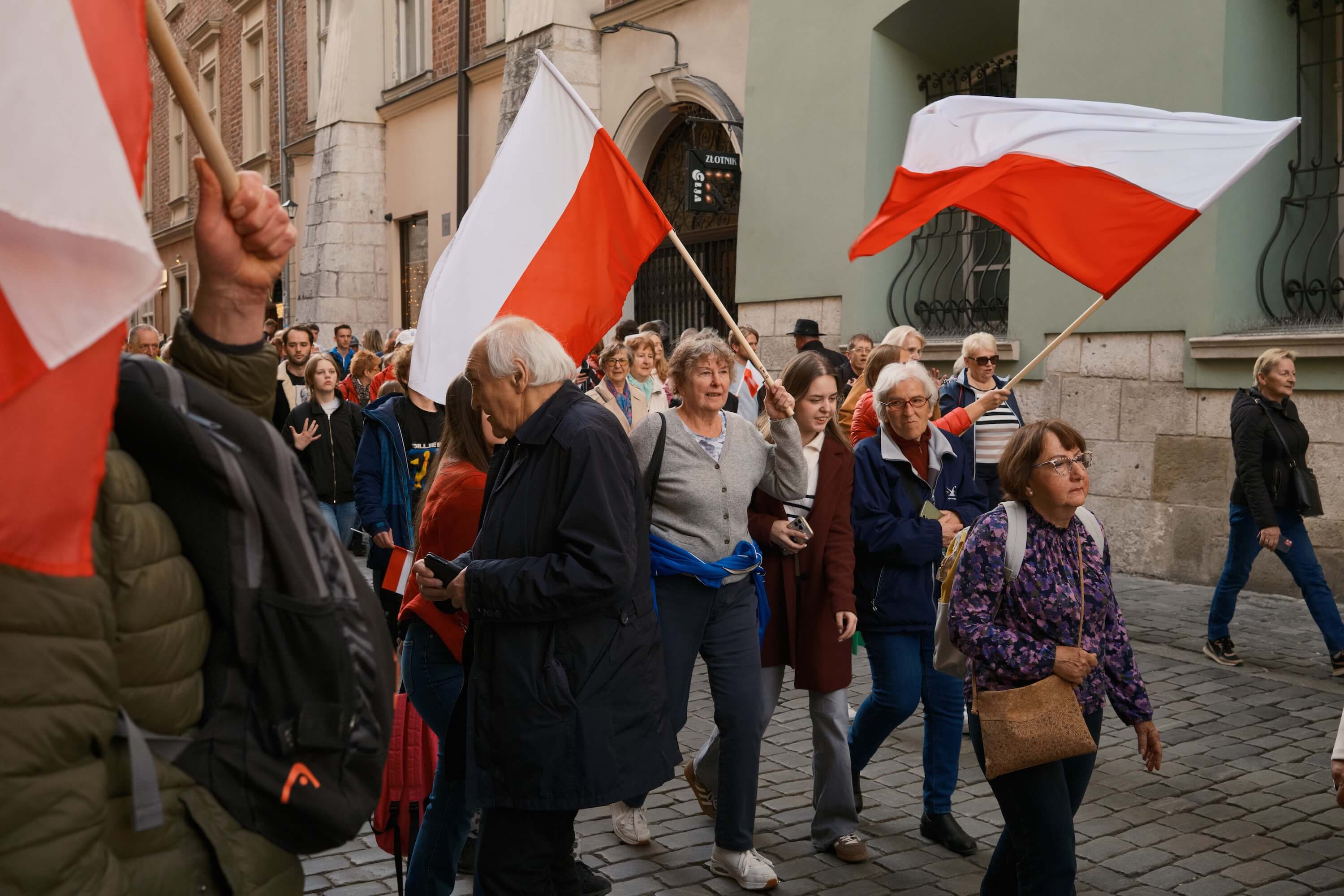
After the first round, the liberals were slightly ahead — but the majority of votes went to the right, including open chauvinists and xenophobes. Meanwhile, young people backed them too, even though they traditionally leaned left.
The left mostly crashed below the threshold due to fragmentation. Their weak result isn’t surprising on its own — but looks especially ominous next to Nazi-saluting candidates who scored significantly better.
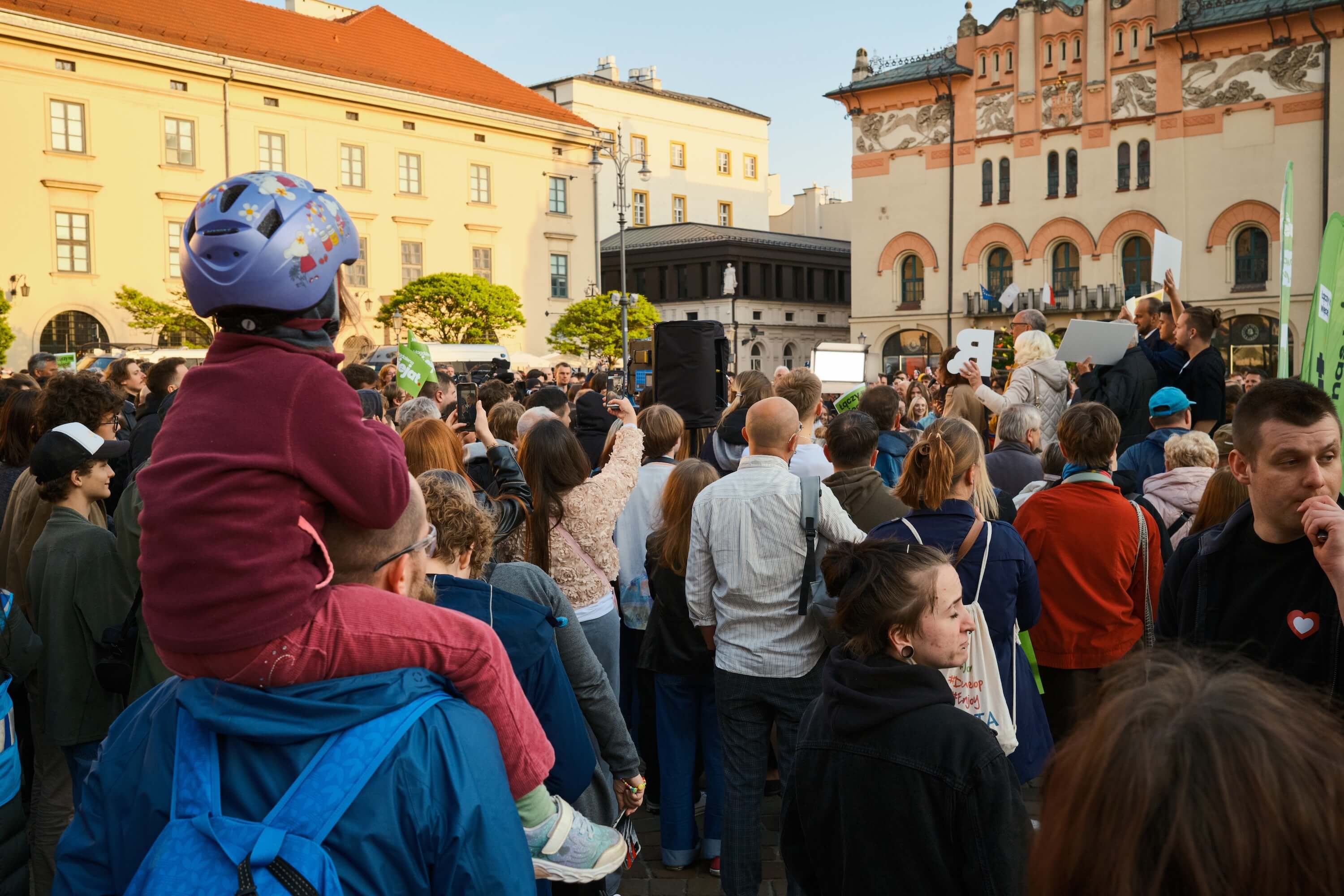
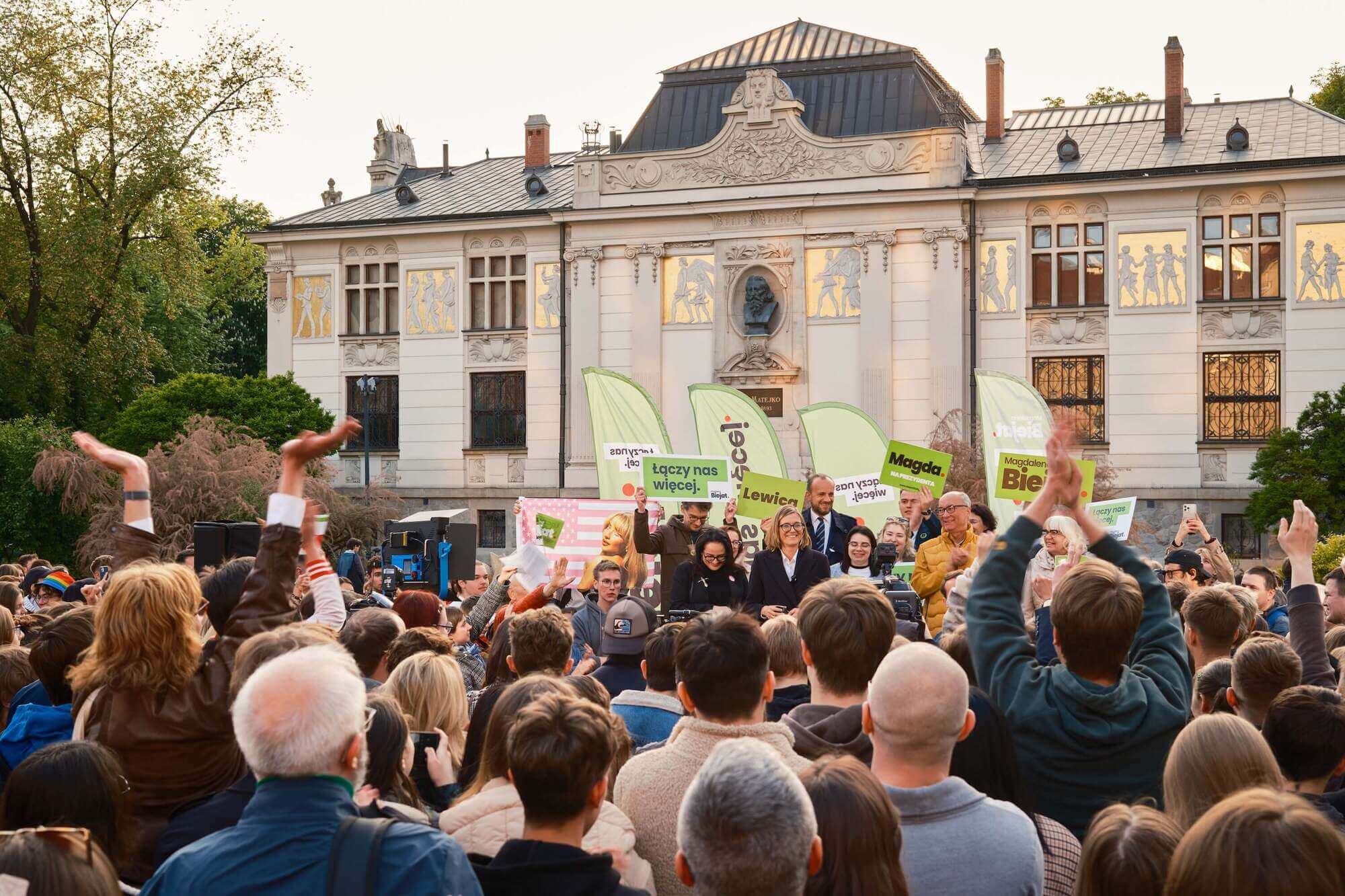
This brings us to a grim hypothetical event horizon — beyond which things get hard to predict, but unlikely to be pleasant for Poland, the EU, Ukraine, or the so-called “geopolitical” balance of power.
For Poland, where the political vector shifted just two years ago, this could mean a conservative rollback — likely reinforced by a coalition with far-right radicals. It’s a destructive process, and it will move fast.
Across Europe, this may empower conservative skeptics, potentially triggering a rightward shift across the EU — or a slow unraveling and disintegration, bringing isolationism, protectionism, and new conflicts in its wake.
For Ukraine, this could mean, at best, more strained relations with a key partner crucial for logistics. At worst — a long-term, gradual shift of Europe’s focus entirely to its internal problems.
We could also speculate that, on a global scale, this might lead to the collapse of a major political power center, a redivision of influence, and, consequently, the decline of the familiar Western-centric world.

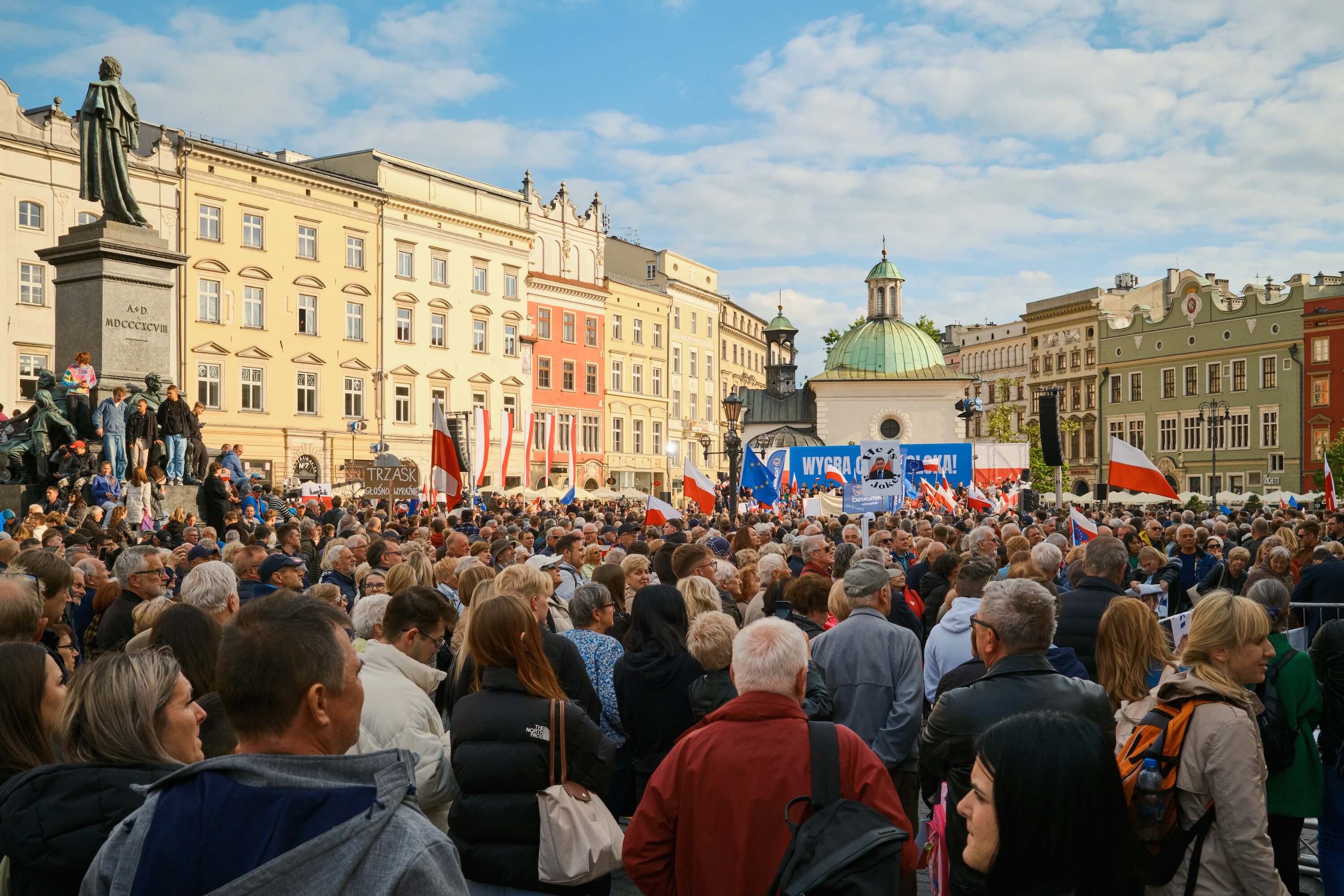
But until all that happens — let’s hope for the best 🤞

